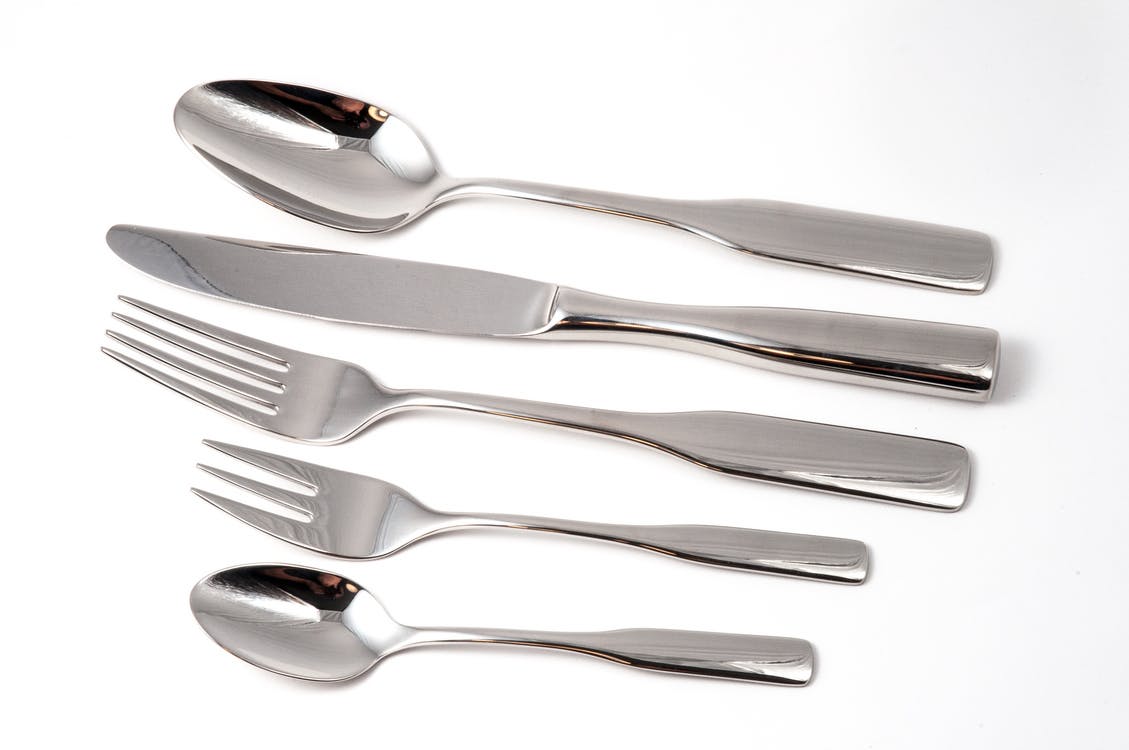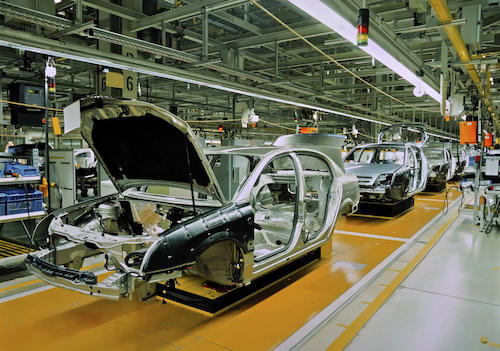Have you ever thought about where scrap metal ends up after it’s recycled? With the probability of depleting natural resources and with increasing concerns about the environment, recycling different types of metals is vital.
Stainless Steel
Stainless steel is widely recycled, and stainless steel products contain approximately 60% of recycled material. With the demand for stainless steel rising, around 90% of stainless steel products are recycled into new products. Professional recycling is able to separate magnetic types of stainless steel, which aren’t easy to separate from other metals.
When recycled, stainless steel is utilised in surgical instruments for its capacity to resist to bacterial growth, and ease of both sterilisation and cleaning. Its rust resistance and strength makes it ideal for cutlery and cookware, vehicle parts, buildings, and passenger train cars.
Aluminium
Did you know that around 75% of the aluminium being used today was produced in the 1880s? As its existence was only officially identified in 1808 and sourced years after, aluminium is considered to be a young metal in comparison to gold. Recycling aluminium utilises only 5% of the energy that would be required for sourcing new aluminium, and this metal is theoretically 100% recyclable.
Frequently reused for the same product, as it can cover the cost of both scrap metal collection and recycling, aluminium is used to make new cans and foil. In addition, you can find recycled aluminium in pots and pans, high voltage power lines, car engines and wheels, and window frames.
Lead
As lead has a high toxicity rate, recycling by professionals is essential so that it doesn’t release harmful substances into the environment. Approximately 80% of lead is utilised in batteries, and 50% of lead used around the world has been recycled from other products. Lead-based batteries in landfills represent the main cause for lead entering the ecosystem.
Recycled lead is found in lead aprons that aid in shielding from x-rays, nuclear waste, and radiation due to radiation being unable to penetrate through lead. You can also find lead in fishing tackles due to lead having high corrosion resistance, and in vehicles containing lead-acid batteries due to these batteries storing energy from the subsequent chemical reaction.
Copper
Utilised for thousands of years for its flexibility, copper is a soft metal that is less expensive to recycle than it is to mine. Recycling this metal ensures that copper products’ prices don’t increase, and it also contributes to environmental responsibility due to fewer CO2 emissions with recycling.
In everyday life, recycled copper can be found in pots and pans due to its high heat conductibility and in electrical wiring and circuits due to being a great electricity conductor. It can also be found in plumbing pipes and fittings for its strength and resistance to both high temperatures and high water pressures, and in roofing for being lightweight and durable.
Ferrous Metals
Steel recycling is popular due to its cost effectiveness; sourcing iron ores is more time consuming and expensive, and pure iron is a soft metal, being transformed into steel through the addition of carbon. Durable and versatile, recycled steel is found in cans, doors, cabinets, ships, trains, bolts, nuts, and other components, especially for construction.
Processing and recycling any type of metal, as well as vehicles, needs to be done by a professional team to ensure it is properly and safely recycled. At Morecambe Metals, we provide expert recycling services, and we are always happy to answer any query you might have. Get in touch with us on 01524 69191 to speak to our friendly team!




